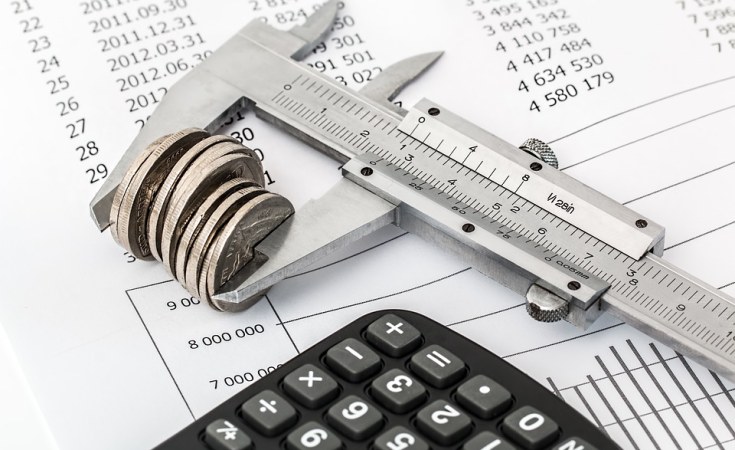The budget, which is the last to be considered by the ninth Assembly, was increased from N20.5 trillion presented by President Muhammadu Buhari in October, to N21.8 trillion.
The Senate has passed the nation's budget for the 2023 fiscal year.
The budget was increased from N20.5 trillion presented by President Muhammadu Buhari in October, to N21.8 trillion (21,827,188,747,391).
This shows an increase of over N1.3 trillion.
The lawmakers increased the Oil Benchmark Price from $70 to $75 to reflect the current market values of the oil barrel in the international market.
Nigeria's daily oil production rate was pegged at 1.69 million per barrel and the exchange rate at N435 per dollar.
The passage of the budget was a sequel to consideration of the report of the Senate Committee on Appropriation - presented by the chairman, Barau Jibrin.
In his presentation, the lawmaker recommended that N967.4 billion (967,486,010,536) be approved for Statutory Transfers - a category into which the National Assembly budget falls.
Breakdown
The Senate passed the budget with the breakdown as follows:
- Statutory transfer - N967,486,010,536.
- Debt service - N6,557,597,611,797.
- Recurrent (non-debt) expenditure - N8,329,370,195,637.
- Capital expenditure - N5,972,734,929,421.
Mr Jibrin also explained that the committee observed the need for stimulation of the economy through increased capital expenditure, which will make for infrastructural development.
The Senate, thereafter, dissolved into the Committee of Supply, which considered and passed the budget.
In his remarks, the Senate President, Ahmad Lawan, commended his colleagues for restoring the budget cycle to January to December, noting that the 2023 budget is the fourth and final budget to be passed by the ninth Senate.
He urged the executive to ensure the total implementation of the 2022 supplementary budget.
He also commended the National Assembly for passing previous finance bills which always guide the budget.


